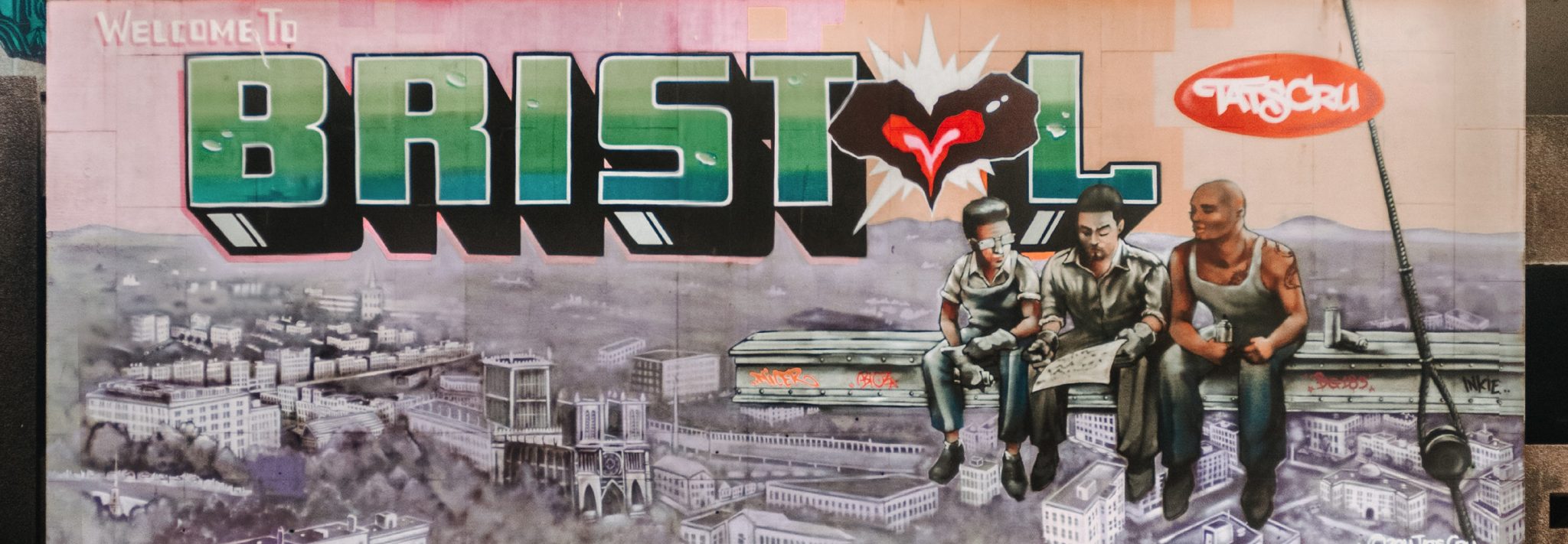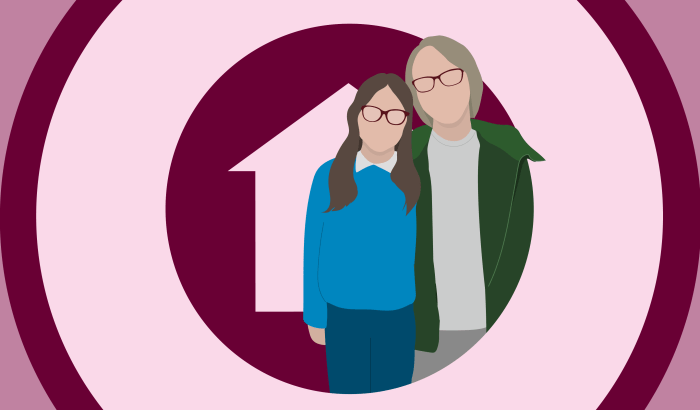Bristol is a city steeped in history. More than just the ‘Mild, Mild West’, it’s spawned tarmac, Wallace and Gromit, Concorde, Banksy, hot air balloons, the SS Great Britain, Massive Attack – and of course, Home. This little corner of the UK has always suited us well. It’s progressive, independent, inclusive – and in recent weeks Bristol has found itself in the spotlight on a global scale.
There’s 3922 miles between Minneapolis and Bristol, but the pain and outrage at the murder of George Floyd travelled the world over. Black Lives Matter protesters took to the streets in peaceful protests against systemic racism, but it was the ceremonial toppling of the statue of slave trader Edward Colston during the protest in Bristol last week that caught the media’s attention. It sparked a global discussion about who and what we choose to commemorate, and whether statues serve a historical purpose or are simply glorifying people who committed terrible acts and whose values are at odds with our own.
Colston’s statue had loomed over the city for 125 years but the Black Lives Matter protest had achieved what so many other campaigns and discussions couldn’t. Through their actions, the people of Bristol made their values crystal clear.
But the question for many, ‘Why was that statue still there in the first place?’.
The times they are a-changing
When it comes to values, they shift and evolve over time. Failure to recognise that is where friction comes into play. You only have to look at our city’s politics, art and activism to see that Bristol has rightly moved on. What has followed in the past few days is a removal of Colston from two building’s names, a local girls school, and even Bristol Cathedral’s stained glass windows. What Bristol is doing as a city now is what the Black Lives Matter movement has caused us all to do on a personal level. Look introspectively at what we represent, consider the actions we take and identify ways to learn, to grow. To rebalance that which should never have been imbalanced in the first place. To acknowledge our own racism, both present and historic and to say ‘we must do better’. Organisations are taking actions they were afraid to take.
How can businesses do better?
Businesses have felt the heat. The public scrutiny across social media on ‘Blackout Tuesday’, where people were asked not to post content for 24 hours to allow Black Lives Matter content to be loudly heard, was unprecedented. And it was punchy. Brands and bloggers alike were pushed to vocalise their support for the movement. Those that didn’t were asked ‘why?’. For those who did speak out, some were held to account for their previous actions, for their lack of true diversity – particularly at board level, and for their businesses practices. The public are watching – and that includes your employees.
Drawing the line
What we can all learn from Colston’s fall from grace is that it’s never too late to change. It’s never too late to draw a line in the sand and be the business you want to be. Two of our favourite examples:
L’Oréal
French beauty giant L’Oréal posted in support of Black Lives Matter and were quickly rebuked over their previous relationship with Munroe Bergdorf. Munroe is a black, trans model who was hired by L’Oréal as the face of a new campaign. Almost as quickly as they had announced their relationship with her, they cut ties following tweets in which she called out systematic racism. The public, and Munroe herself, were understandably annoyed at this apparent disparity between actions and words. Following this, L’Oréal’s new president Delphine Vigurier called to express her regret at how the situation was handled in the past, and Munroe has now been appointed into a non exec role on L’Oréal’s Diversity and Inclusion Advisory Board.
Tony’s Chocolonely
In a recent recruitment post, the Dutch confectionary brand (try the caramel sea salt, divine!) posted the following description for why they were recruiting a new Head of People and Culture:
“These are all the people who work at Tony’s Chocolonely. At first glance, a colourful club! But at second glance actually uhhh.. very white. Tony’s Chocolonely’s mission is to eliminate inequality in the cocoa chain. When we look honestly at ourselves, we realise that we have a lot of improvements to make.”
Openness, honesty and willingness to change is powerful – and it’s what your people are looking for from their employer.
Building modern values
So what can you do if you find yourself in the tricky position that your values just don’t seem to fit any more? That your culture feels stale or no longer fit for purpose? The answer is, to look inwards. Look to your people and start to define who you want to be, not who you were. It’s not enough to not be racist, it’s time to be anti-racist. To look at your Diversity and Inclusion policies, to consider unconscious bias training, and to be clear about what you stand for – and values are a great place to start.
With the right values you can shift your culture, boost engagement and retention, and ultimately recruit people who share your vision for a more diverse and inclusive future.
Build values with your people, for your people. Discuss recent events. COVID19, Black Lives Matter, Trans Rights. These are the issues that have defined 2020 so far – and they feel truly world changing. This isn’t a time for fear, or a time to hide. It’s a time for vulnerability, for introspection and more importantly for action.
If Bristol can do it, so can you.





 Back to all
Back to all



